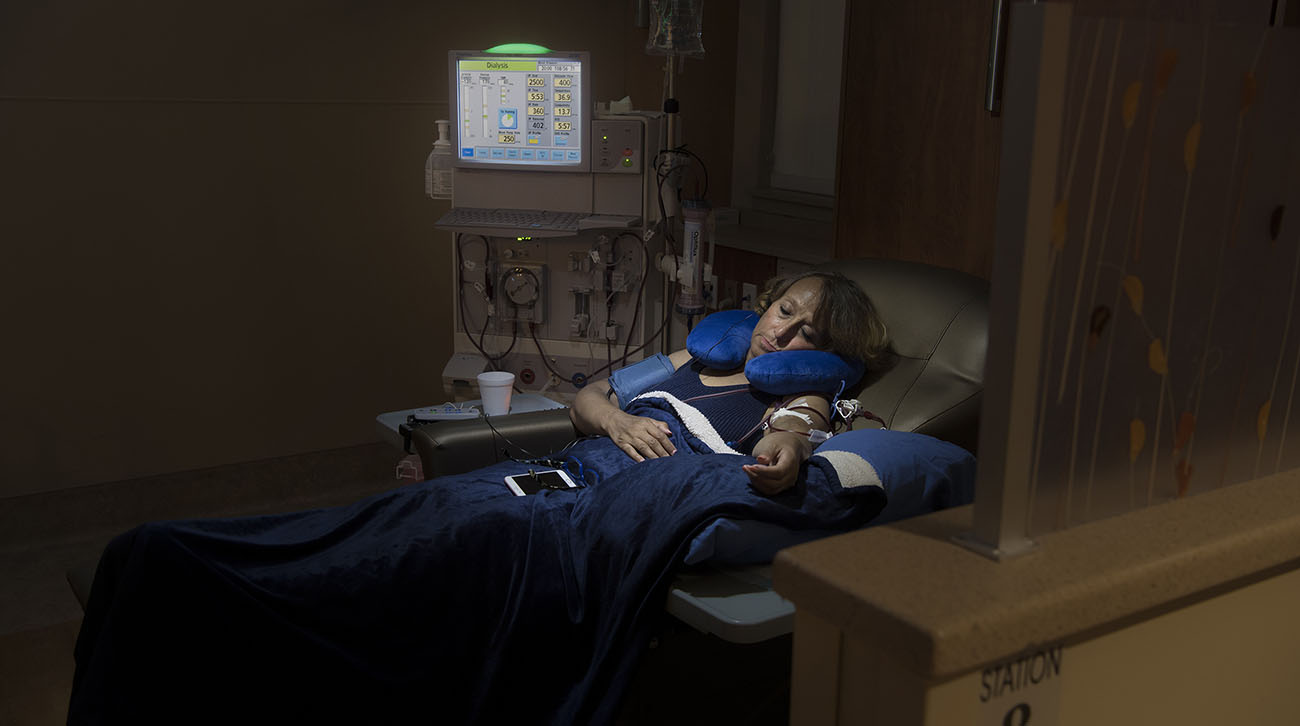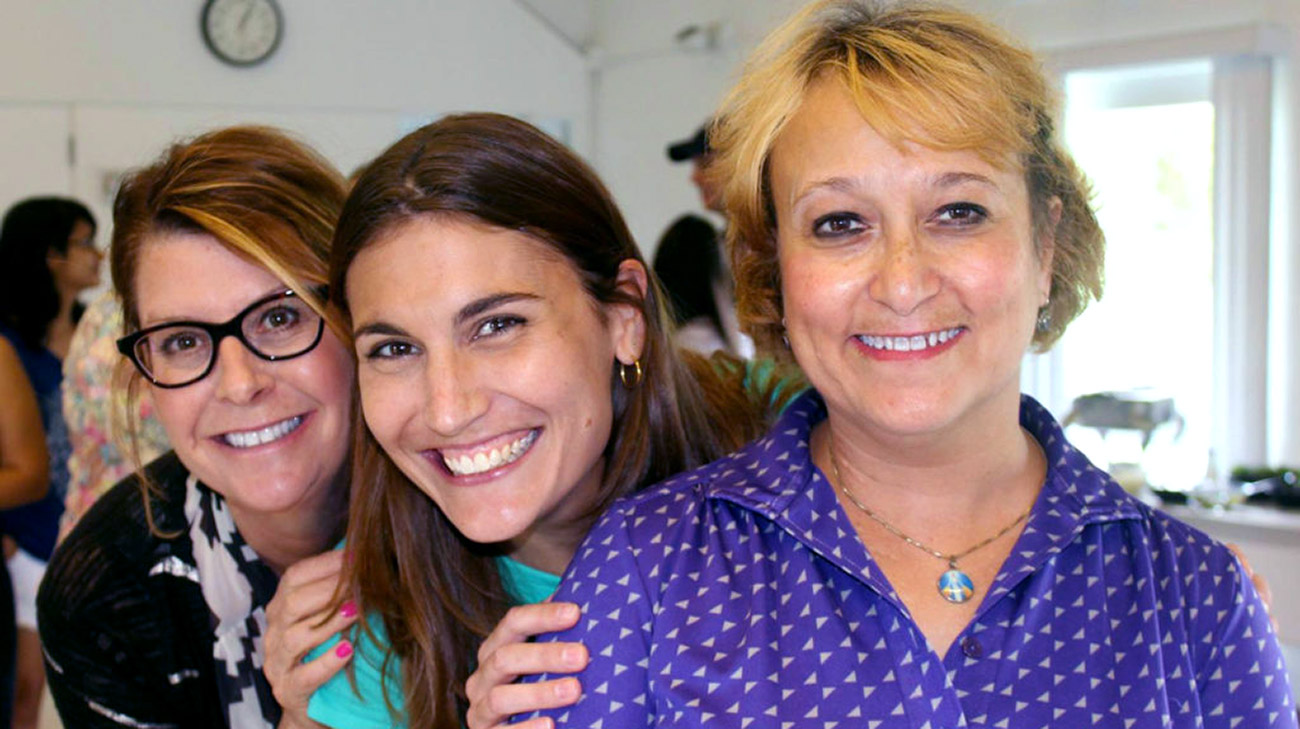
Three times each week, Ramona David would show up for work at 10 a.m. – after spending 3 ½ hours undergoing hemodialysis (HD) because of her kidney failure. The shorter treatment time left her tired and made it more difficult to control her blood pressure.
“Sometimes it was pretty harsh going to work right after dialysis,” recalled Ramona, an admissions and program manager at Case Western Reserve University (CWRU). “I have a wonderful boss and coworkers who are very supportive of my medical needs. But I had some really long days.”
These days, her daytime schedule is back to normal. That’s because Ramona now has dialysis treatments during the night at Cleveland Clinic East — a joint venture of Cleveland Clinic, Fresenius Kidney Care and the MetroHealth System operating as Ohio Renal Care Group.
Her in-center nocturnal intermittent hemodialysis (NIHD) is completed in seven- to eight-hour overnight sessions instead of the usual three- to five-hour daytime sessions. Longer treatments increase the amount of waste removed from her blood while better controlling anemia and other possible complications.
Importantly, it also allows Ramona — who is awaiting a kidney transplant — more freedom during daytime hours for work, family and other activities.

Ramona with Case Western Reserve University graduates. (Courtesy: Ramona David)
“As patients and nephrologists become more aware of its benefits, Nocturnal HD is becoming more popular,” said Evamaria Anvari, MD, a nephrologist in Cleveland Clinic's Glickman Urological & Kidney Institute and part of the department of Nephrology and Hypertension.
Ramona switched to nocturnal HD when the new facility opened earlier in 2018, and arrives for her treatment at 7:30 p.m. on Sunday, Tuesday and Thursday nights. Her HD takes place in a private pod, or station, in a heated and reclining chair. Further, she and the other patients benefit from one of the nation’s most advanced, ultra-purified water filtration systems for HD.
“I get all set up with my pillow, blanket and headphones. It’s extremely comfortable,” noted Ramona. “Once the nurse puts the needles in, I get in my own little world and just relax.”
Ramona usually dozes off and on throughout the night. The session ends at 2:30 a.m., she’s home by 3:15 a.m. and sleeps a few more hours before heading to work — on time and refreshed.
“I feel a lot better afterward. The nurses tell me I look so well rested,” added Ramona. “Nocturnal HD has been a real godsend for me. I’m not rushing all the time anymore.”

Ramona with her co-workers at CWRU. (Courtesy: Ramona David)
According to Dr. Anvari, the increased demand for HD in the United States in recent decades made scheduling more difficult; that resulted in patients receiving shorter treatments. However, research revealed a correlation between reduced dialysis times and increased death rates among HD patients.
This has resulted in a return to slower, longer-lasting dialysis treatments and the need for centers like Ohio Renal Care Group, as well as another nocturnal HD facility in Brook Park, Ohio.
“Dialysis patients now have more choices,” added Dr. Anvari. “They can decide how much time and effort they are willing to dedicate to dialysis, in exchange for better health outcomes.”
Related Institutes: Glickman Urological & Kidney Institute

